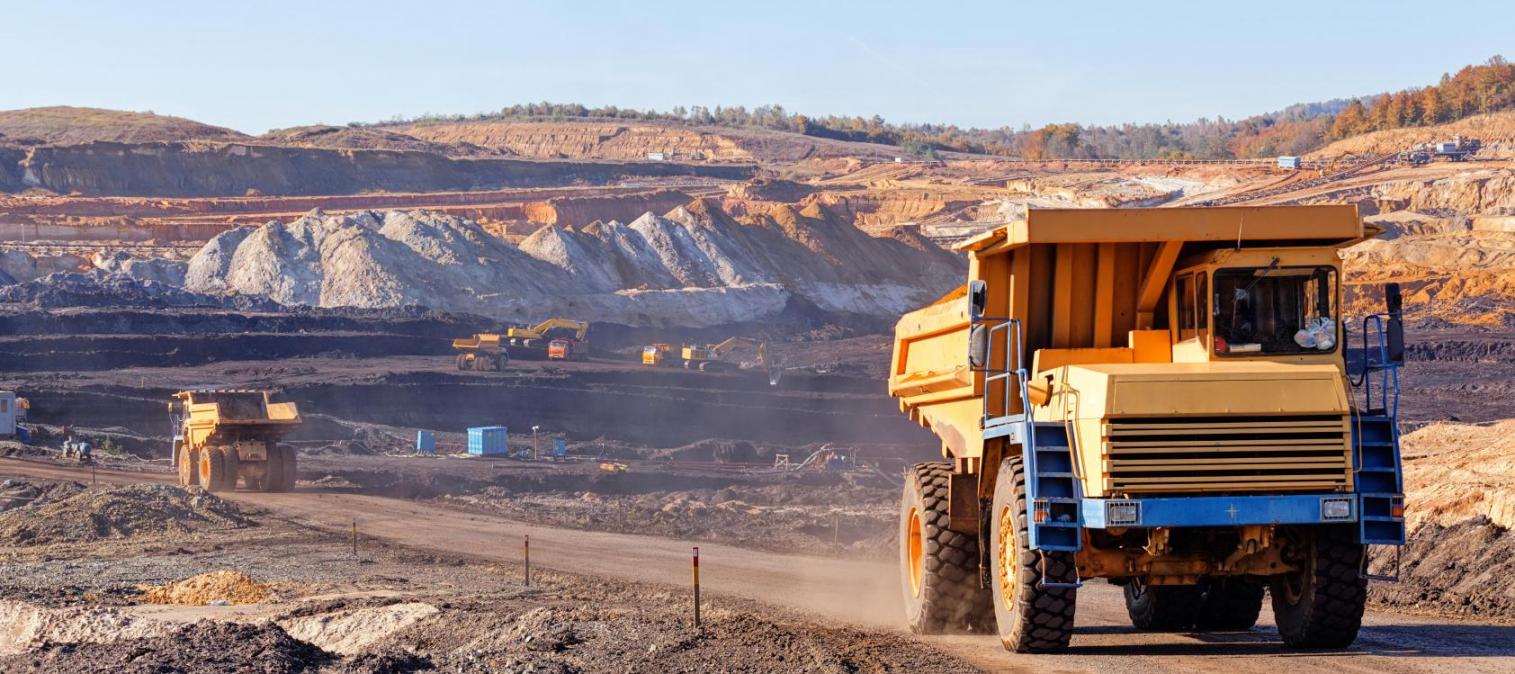


The Supreme Court with a bench of nine judges has passed a ruling for the mining industry regarding state revenues. On July 25, the court empowered the state government to collect taxes on mining and related industries but the recent ruling has applied it retrospectively to transactions occurring after April 1, 2005.
The Judgment and Its Impact
The Bench, led by Chief Justice of India (CJI) DY Chandrachud, included Justices Hrishikesh Roy, Abhay S Oka, BV Nagarathna, JB Pardiwala, Manoj Misra, Ujjal Bhuyan, Satish Chandra Sharma, and Augustine George Masih. The Court's decision allows States to levy and renew demands for taxes, but with a crucial limitation. The Court stated, "The demand of tax shall not operate on transactions made prior to April 1, 2005."
To ensure a smooth transition, the Court has also proposed a staggered payment plan. "The time for payment of demand for tax shall be staggered in instalments over a period of 12 years commencing from April 1, 2026," the judgment read. This arrangement gives companies ample time to adjust their financial plans and meet their obligations without undue pressure.
the Court ordered that "the levy of interest and demand of penalty made on or before July 25, 2024, shall stand waived." This provision is particularly significant as it alleviates the burden on companies that may have been facing hefty penalties and interest charges under the old regime.
Background of the Case
The controversy surrounding State taxation of mining activities has a long history, rooted in the interpretation of the Mines and Minerals (Development & Regulation) Act (Mines Act). The issue came to a head with the 1989 Supreme Court ruling in India Cement Ltd v State of Tamil Nadu, where the Court held that royalty paid by mining operators to the Central government was a form of 'tax' and that States lacked the legislative competence to impose cesses on such royalty.
This view was reiterated by a three-judge Bench in 1995 in State of Madhya Pradesh v Mahalaxmi Fabric Mills Ltd, further solidifying the position that State-imposed cesses on mining royalties were beyond their legislative powers. However, the tide began to shift with the 2004 State of West Bengal v Kesoram Industries Ltd judgment, where a five-judge Bench by a narrow 3:2 majority suggested that the earlier judgments had misconstrued the nature of royalty. The Court stated that the royalty itself was not a tax, but the cess imposed on it could be considered as such. This legal dichotomy led to further confusion, culminating in the 2011 decision by a three-judge Bench, which highlighted the "prima facie" conflict between the India Cements and Kesoram Industries cases. This prompted the reference to a nine-judge Bench, which ultimately delivered its verdict on July 25, 2024.
The Path Ahead
With the Supreme Court now clarifying that States are not denuded of their powers to levy cess on mining and related activities, but with a retrospective application limited to transactions post-April 1, 2005, the ruling strikes a balance between the interests of the State and the mining industry.
This ruling is aimed at reshaping the legal landscape for mining in India, offering clarity on a fierce issue while setting a clear precedent for how such cases will be handled in the future. The judgment ensures that while States can exercise their taxation powers, the retrospective application of such powers will be carefully regulated to protect the interests of all stakeholders involved.
TAGS: Supreme Court nine-judge Bench State taxation mining cess retrospective application April 1 2005 staggered payment interest waiver Mines and Minerals